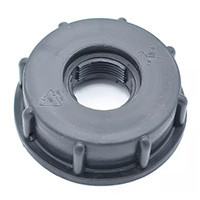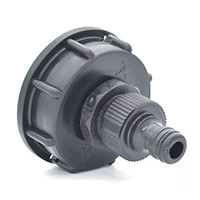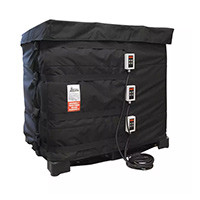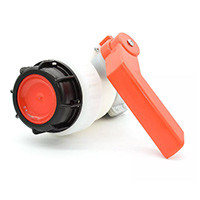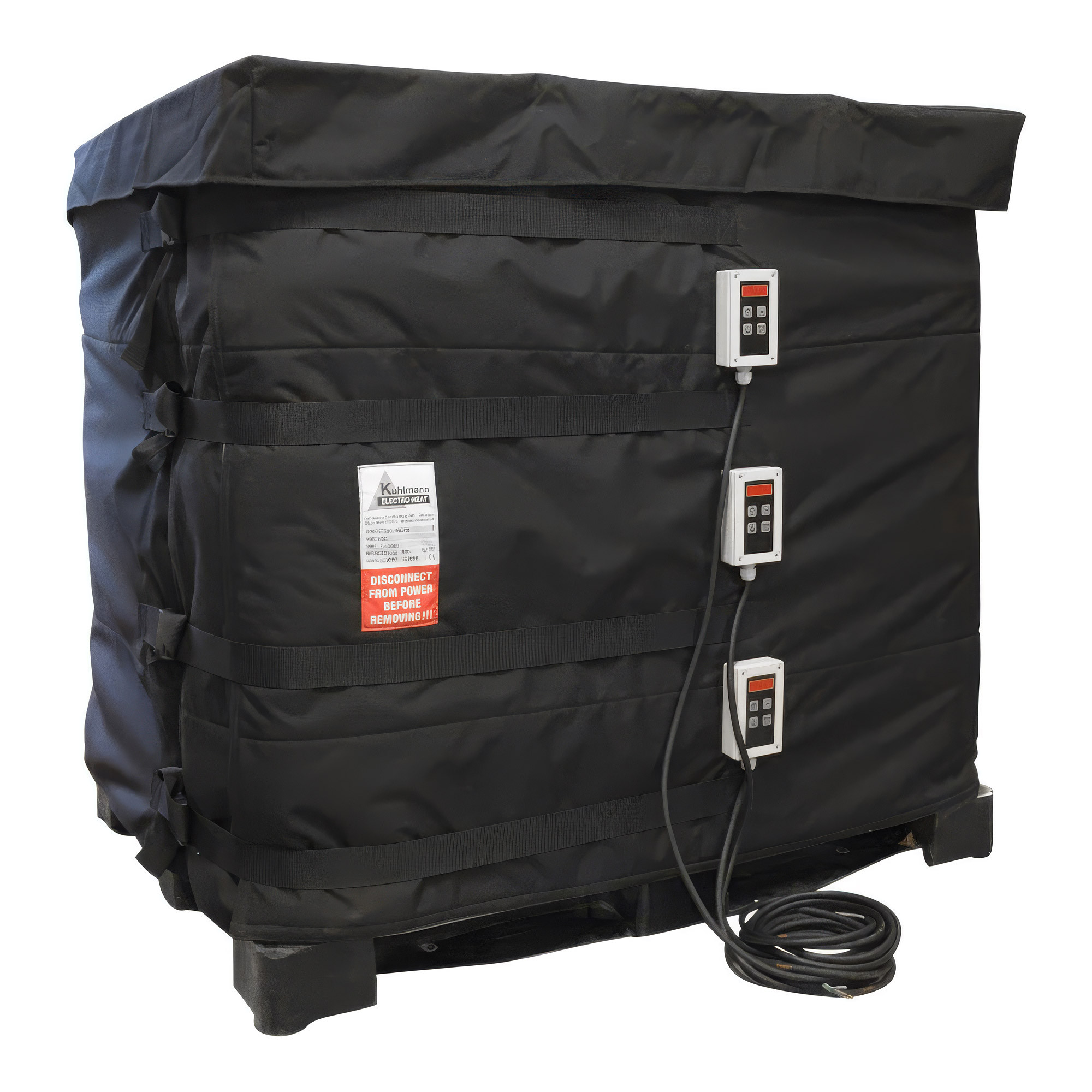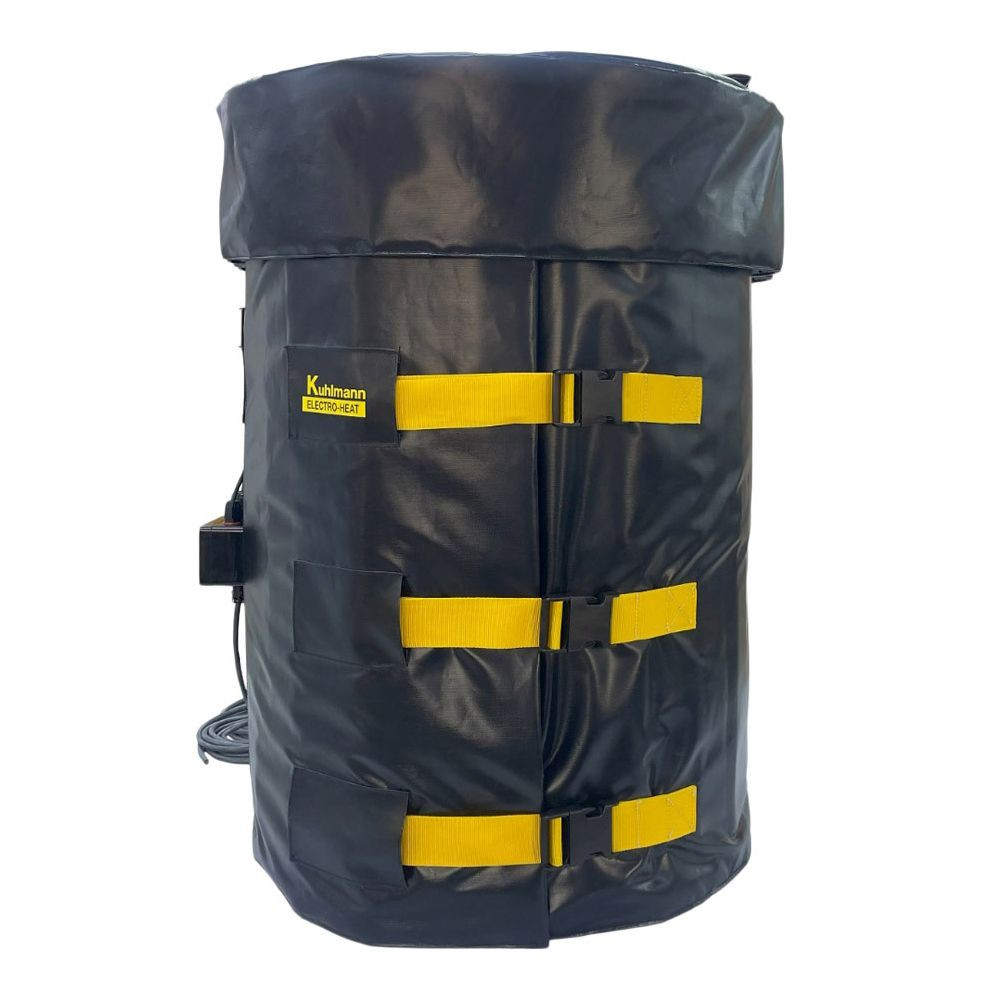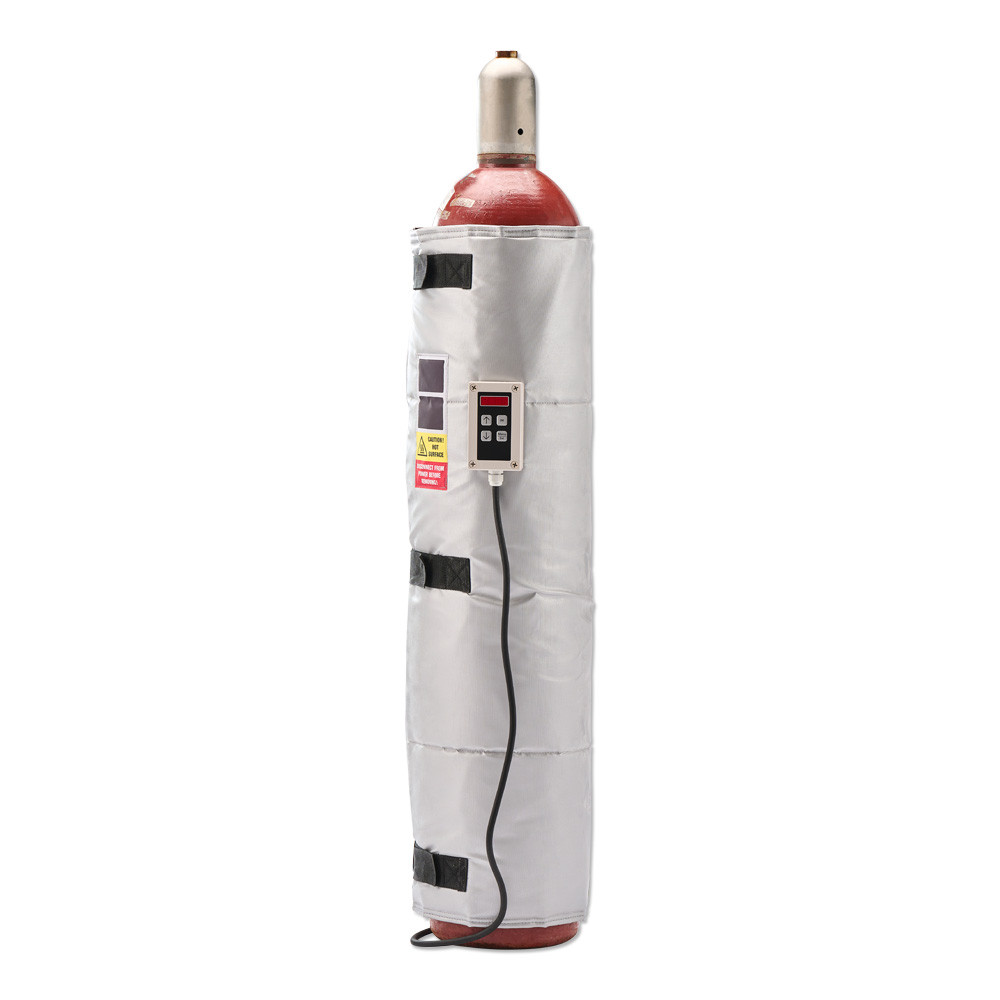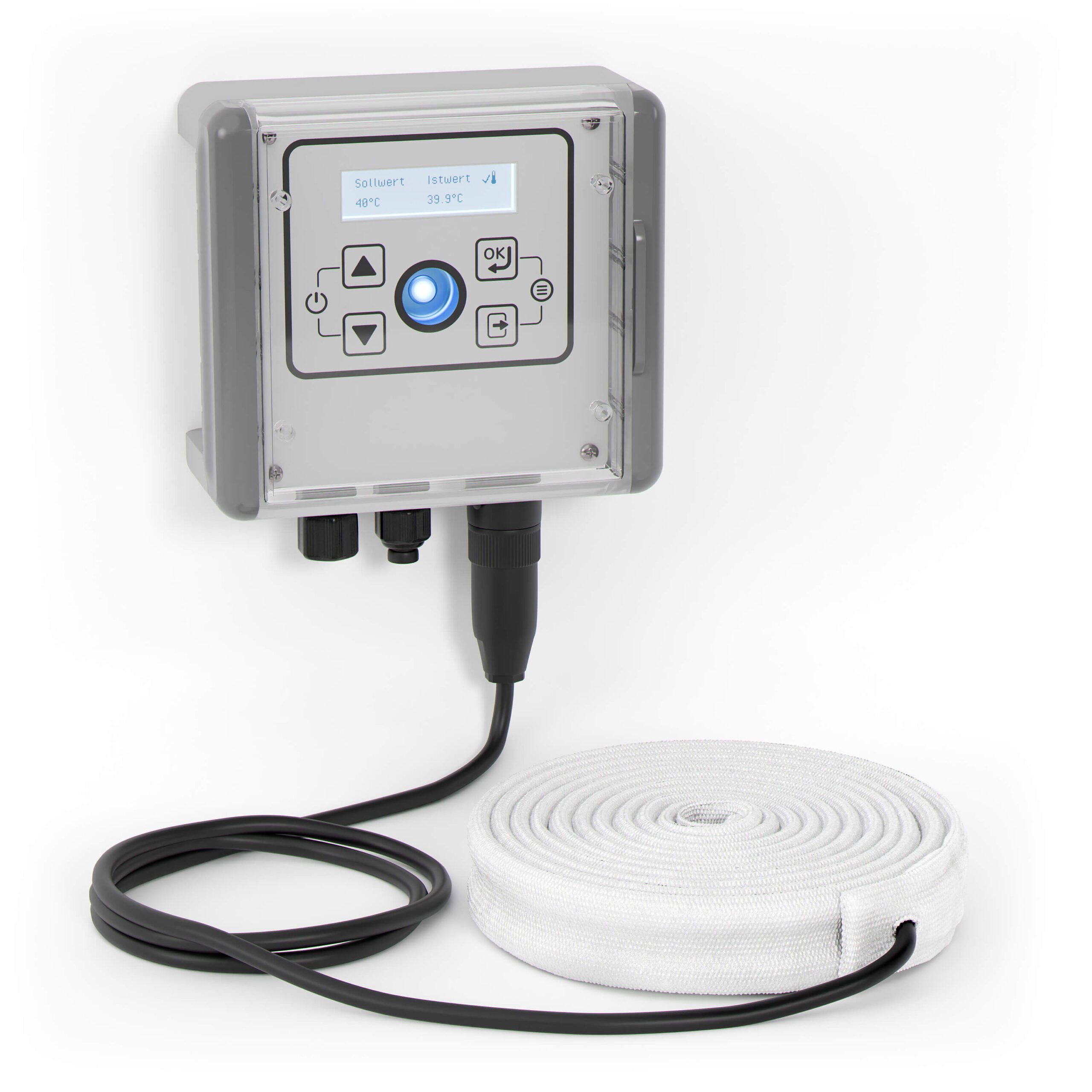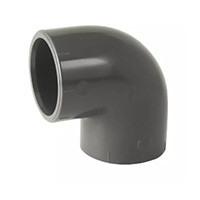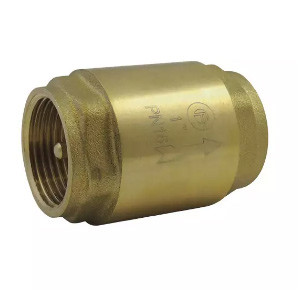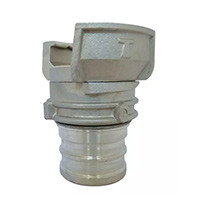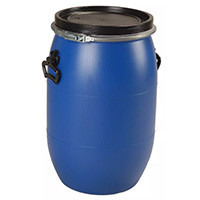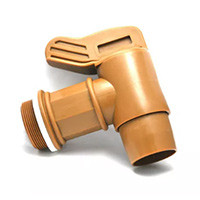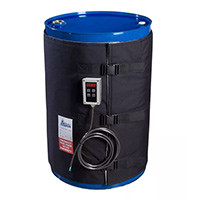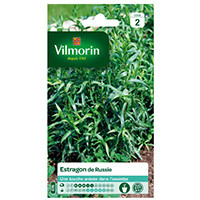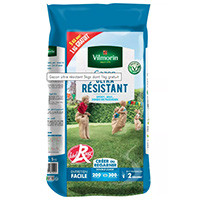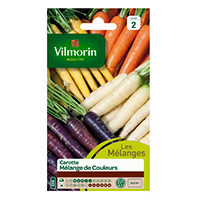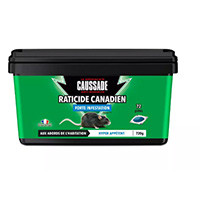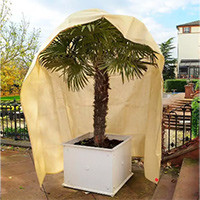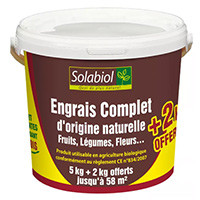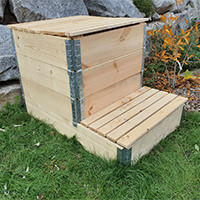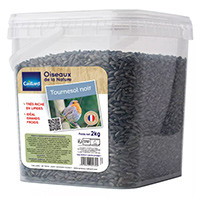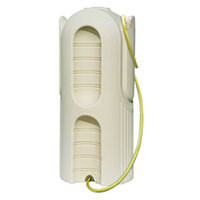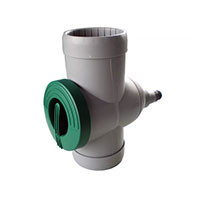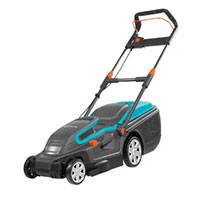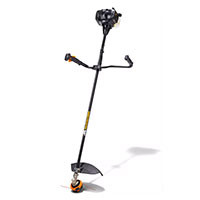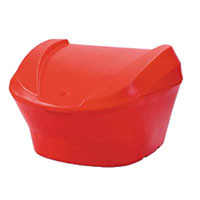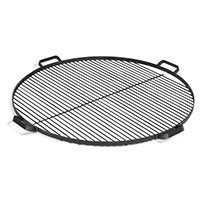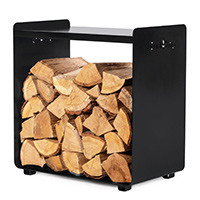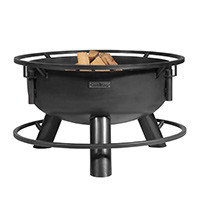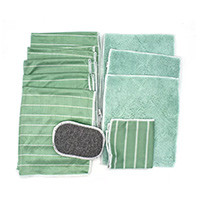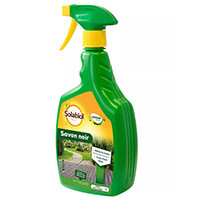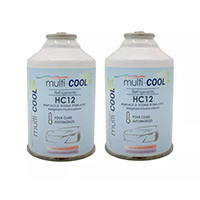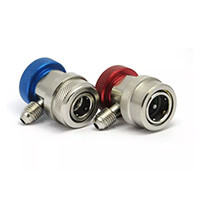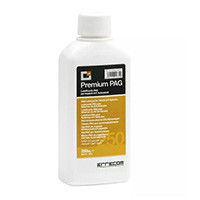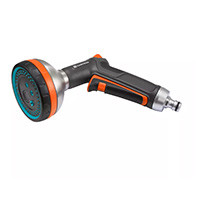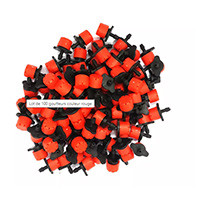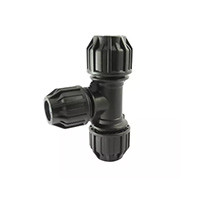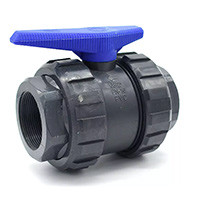
Can the water in my tank freeze?
Categories : Advice
Can the water in my tank freeze?
Watering your vegetable garden, cleaning your car or washing the floors ... Rainwater can have many uses, whether domestic or in the garden. In addition to being beneficial for the environment, installing a rainwater recovery system allows significant savings. In winter, however, the question of frost arises, which can call this development project into question: can the water in the tank freeze? Are there systems that can withstand the harshness of winter temperatures? If so, how do they work? We take stock of these issues.
The most important element of a rainwater recovery system, in addition to the roof and gutters, is the tank. It is thanks to the latter that it is possible to store the recovered water throughout the year. The choice of this tank is however decisive, because depending on the model chosen, we may or may not leave the water there during the winter.
Aboveground tanks: be careful, water can freeze
Used only for outdoor rainwater use (watering the garden or ornamental beds), the above-ground tanks are light and very easy to install. When winter comes, it is advisable to move the recuperator to a place where it will be sheltered from negative temperatures: in a cubicle, an outbuilding or a garage for example.
When this is not possible, it is necessary to empty the tank and remove fragile parts such as fittings, seals or tank tap to protect them from being damaged by cold. If your tank stays outside in winter, the water can freeze and degrade the entire water recovery system.
Before entering the winter, you will have to get rid of the water stored in your above-ground tank, or in the best case, pour it into plastic cans. Difficult in this case of using water to supply your washing machine ...
Once the tank is emptied, remember to close the tank cover to avoid dead leaves and other plant waste from piling up at the bottom of the tank. It is also important to disconnect the tank from the water recovery circuit, so that the latter does not continue to fill. By taking these precautions, you make sure to protect your equipment from freezing, so that you can bring it out in fine weather.
Buried tanks: water is not afraid of frost in winter
Much more expensive and requiring significant development work, underground tanks do not have the same use. You can certainly use them in the garden - to water plants, clean your patio, or any other use that does not necessarily require filtered rainwater - but not only: a good filtration system - which rids the water at the same time particles, bacteria and odors - allows it to be used inside the house, for flushing and washing floors, or for connecting the washing machine when the water is treated. The only conditions for the use of rainwater collected inside the house are the installation of a pump and a distribution network independent of that of city water, and the place of taps on which the mention "non-potable water" appears.
The huge advantage of buried tanks is that they resist negative temperatures and do not need to be emptied when winter approaches. Once the tank is installed, it is possible to store water and use it throughout the year, regardless of the weather, and therefore without fear of water freezing.
The different types of underground tanks are designed:
- Either in concrete, which have the advantage of preserving the quality of the water. Since the pH of water can benefit from the alkaline elements of concrete to be rebalanced, concrete tanks are often used in urban areas, where water is more acidic due to air pollution. Concrete tanks are more expensive to install due to the need to use a lifting machine (a 6000 L tank can weigh up to 3 tonnes), the rental of which can add to the bill;
- Either in homopolymer polyethylene, a very resistant material - the tanks manufactured in this material can also be used to store chemicals for example -, as much to shocks as to temperature variations or to water pressure. The latter, unlike concrete, do not neutralize the natural acidity of rainwater, which can cause corrosion of pipes. However, they are easier to install and cost less.
If the water in the tank, at very low temperatures, can freeze, choosing the right tank means that the water can be used all year round. To make the right choice, browse the different tanks offered
Share this content





